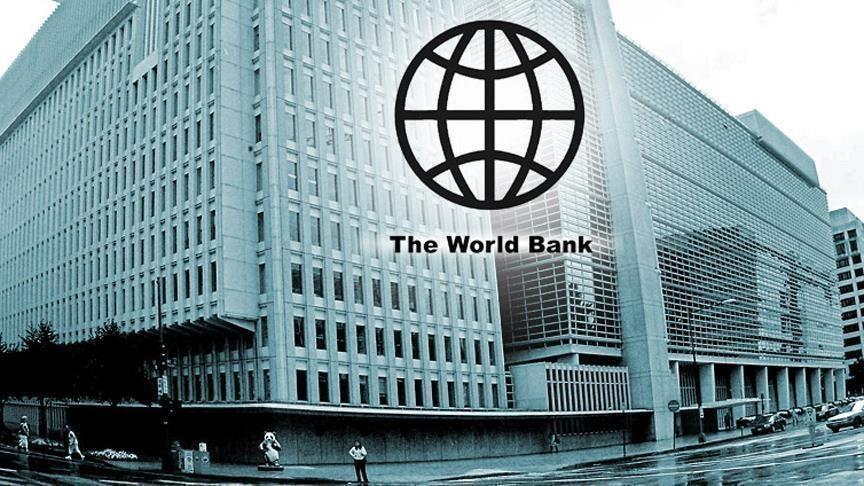By Faridah N Kulumba
Africa-Press – Uganda. On the 15th of this month, the World Bank advised Uganda to look for trade outside the East African Community (EAC) by upgrading in a number of areas that will help the country to benefit from large markets such as the Africa Continental Free Trade Area (AfCFTA).
Areas that must be improved
The World Bank Senior Economist Ms. Sashana Whyte, while at the launch of the 20th edition of the Uganda Economic Update in Kampala, said Uganda needs to reduce or totally remove ad-hoc tariff increases as well as boost agricultural productivity to benefit from continental trade.
According to Ms. Whyte policymakers must focus on implementing policies designed to maximize the potential of regional trade. But the government of Uganda has made limited progress since 2013, when the first economic update encouraged the country to think strategically to boost trade beyond the East African Community by increasing agricultural exports, diversifying into a wider range of manufactured goods, and fostering the growth of service exports including tourism, education, transport and logistics, and professional services.
Other areas of improvement will include strengthening standards, completing negotiations on a series of AfCFTA protocols, establishing clear, ambitious, and enforceable rules, adopting necessary domestic legislation, and building enforcement capacity.
The World Bank also noted that whereas harnessing regional trade is a key and sustainable way for Uganda to deepen growth, it must strategize to benefit from AfCFTA by overcoming hurdles that have long weakened the effectiveness of existing regional arrangements.
The hurdles
The World Bank economist explained that the hurdles that have affected the regional arrangements include discriminatory technical regulations, non-harmonized sanitary and phytosanitary requirements, and complex rules of origin.
Anticipation
The World Bank noted that the AfCFTA brings a lot of potential with Uganda’s export income expected to increase by 3.3 percent. Uganda’s exports and imports are expected to increase by 2035 with exports expected to grow by a cumulative average of $2.5b while imports will increase by about $3.1b between now and 2035.
The percentage of Uganda’s merchandise exported to EA
According to the World Bank, Uganda’s merchandise exports (excluding small-scale cross-border trade) to East Africa accounted for 46.5 percent but the country’s exports to AfCFTA remained the lowest compared to regional peers.
What Uganda needs to do to benefit AfCFTA
Uganda to benefit from the continental market, there are a need to lower the burden of administrative compliance and simplify customs procedures by implementing AfCFTA protocols on trade facilitation, World Trade Organisation trade facilitation agreements, and boost agricultural productivity.
The AfCFTA can enable African countries, such as Uganda, to participate fully in regional and global value chains. This would in turn enable firms to operate in a more unified business environment across multiple countries, presenting opportunities to expand their scale and increase their efficiency to levels necessary to compete with established global players.
About AfCFTA
The Africa Continental Free Trade Area (AfCFTA) is the world’s largest free trade area that was established in 2019 and began functioning in 2021. There are 55 countries of the African Union (AU) under this large market and 8 Regional Economic Communities (RECs). The aim of AfCFTA is to form a single continental market with a population of about 1.3 billion people and combined GDP of approximately USD 3.4 trillion. The AfCFTA 2063 vision is to develop the African Union to become a global powerhouse.
The AfCFTA objectives
The AfCFTA is focusing on eliminating trade barriers and boosting intra-Africa trade in order to achieve its goals. It is also focused on advancing trade by adding value to all products across all service sectors of the African economy.
Other areas focused on include improving investment, creating jobs, and improving industrialization thus enhancing the competitiveness of Africa in the medium to long term.
Why world Bank care about Uganda
The Word Bank is an international organization dedicated to providing financing, advice, and research to developing countries to aid their economic advancement. The bank predominantly acts as an organization that attempts to fight poverty by offering developmental assistance to middle- and low-income countries.
The World Bank and International Monetary Fund (IMF) provide assistance to Uganda through structural adjustment programs. These programs encourage Uganda to decentralize and privatize.
In December 2021, The World Bank approved USD200 million to help the government of Uganda mitigate the effects of the Covid-19 pandemic on private sector investment and employment and to support new economic opportunities, including refugee and host communities.
For More News And Analysis About Uganda Follow Africa-Press






